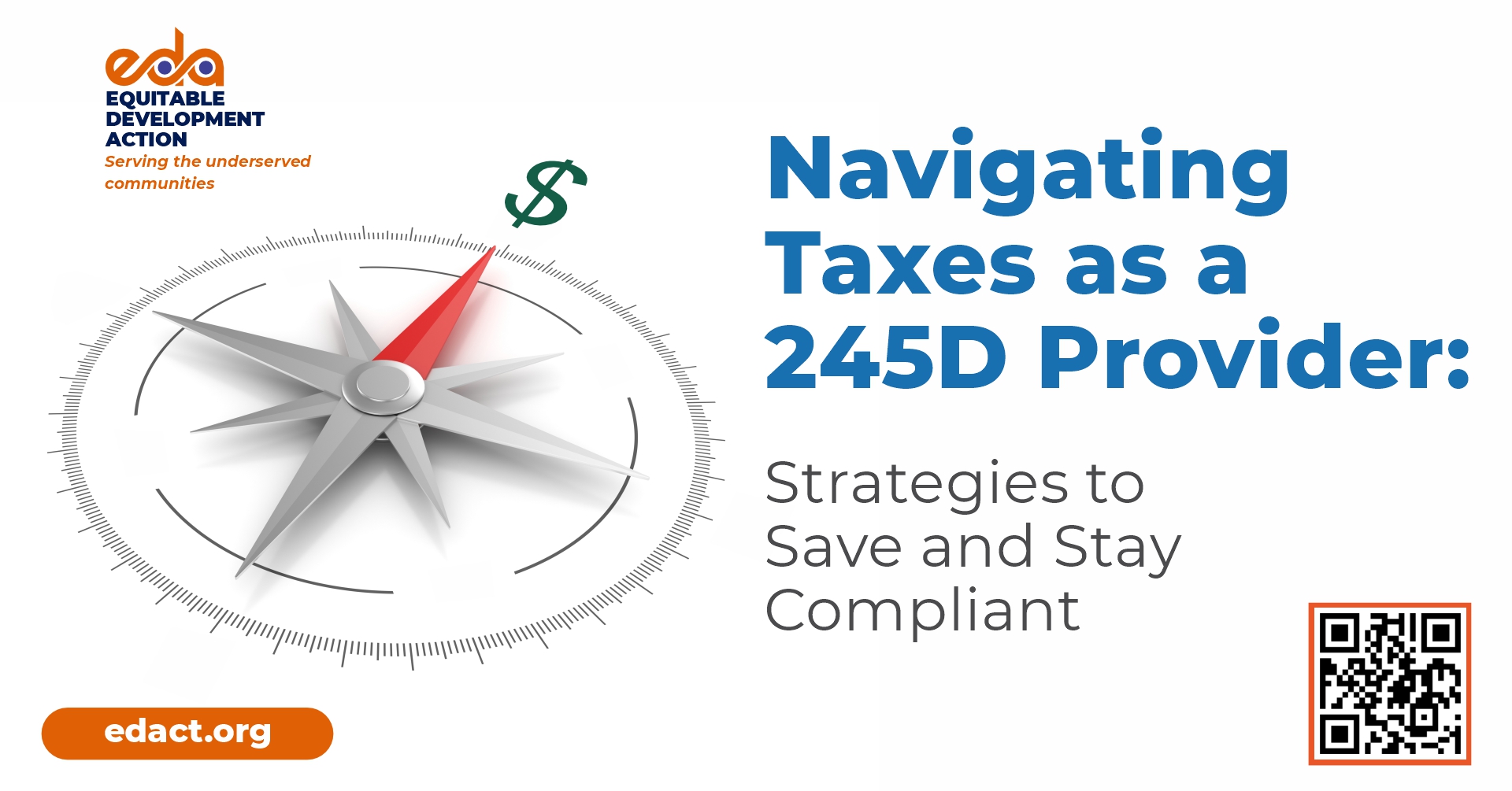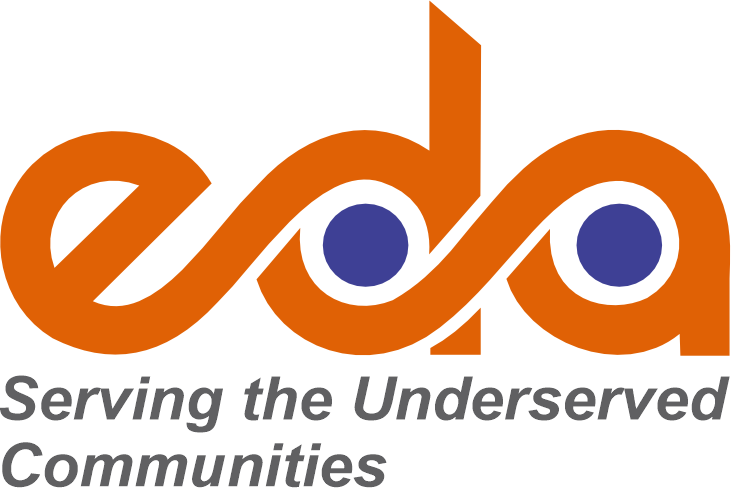
Navigating Taxes as a 245D Provider: Strategies to Save and Stay Compliant
Managing taxes as a 245D provider can feel overwhelming, but it doesn’t have to be. Understanding tax strategies specific to your business can simplify compliance, maximize deductions, and save you money. Let’s look in-depth into some actionable tips to help you confidently navigate the tax landscape.
Understanding How to Pay Yourself as a 245D Business Owner
One of the first steps to mastering taxes is understanding how to pay yourself. As a 245D provider, your compensation structure should align with federal and state laws.
- Owner’s Draw vs. Salary: If your business is structured as an LLC, you might take an owner’s draw. For S-Corps, paying yourself a reasonable salary is a legal requirement.
- Set Clear Parameters: Work with a tax advisor to ensure your payments comply while minimizing personal tax liability.
Tip: Use accounting software like QuickBooks or Wave to automate payroll and track payments.
Tax Write-Offs You Didn’t Know You Could Use
As a 245D provider, you have unique expenses that qualify for deductions. Here are some overlooked tax write-offs to consider:
- Transportation: Mileage for transporting patients or attending business-related events is deductible. Keep a mileage log for accuracy.
- Office Supplies: Pens, paper, filing cabinets, and other office essentials are eligible for deductions.
- Training Costs: Expenses for staff training or compliance certification can reduce your taxable income.
- Technology: Software subscriptions, laptops, and other tech tools used for operations are valuable deductions.
- Professional Services: Legal, HR, or consulting fees are deductible when tied to your 245D operations.
Tip: Keep receipts and maintain detailed records of all business-related expenses to ensure compliance during audits.
Staying on Top of Quarterly Tax Deadlines
Missing tax deadlines can lead to unnecessary penalties. Here’s how to stay ahead:
- Know the Key Dates: Quarterly tax payments are due on April 15, June 15, September 15, and January 15 of the following year.
- Estimate Your Taxes: Calculate your expected income and set aside 15-30% for taxes.
- Automate Payments: Use IRS Direct Pay or tax software to schedule payments and avoid last-minute stress.
Tip: Set calendar reminders a week before each deadline to ensure timely payments.
The Importance of Tax Strategy for 245D Providers
Taxes are more than just a legal obligation, they’re a tool to help you grow and sustain your business. By adopting effective tax strategies, you can:
- Lower your overall tax burden.
- Reinvest savings into your business.
- Stay compliant and avoid costly penalties.
How We Can Help
The 245D Provider Forum is here to help you master these strategies and more. Join us for actionable insights into taxes, labor law updates, and business infrastructure to strengthen your operations in 2025.
📅 Event Details
- Date: January 28, 2025
- Time: 2:00 PM – 4:00 PM
- Location: Brooklyn Park Small Business Center
- Registration: Click here to register
Mastering your taxes doesn’t have to be a headache. With the right knowledge, tools, and resources, you can navigate tax season confidently and focus on what matters most: providing exceptional care.
Ready to Learn More?
Sign up for the 245D Provider Forum today and take the first step toward simplifying your taxes and achieving operational excellence.
Reference
